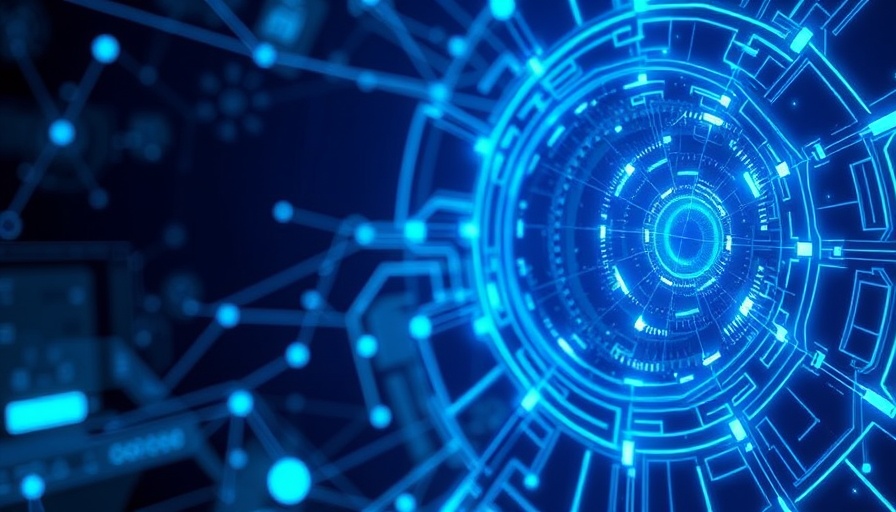
Will AI Really Surpass Humans by 2027?
Dario Amodei, CEO of Anthropic, recently made a striking prediction at the World Economic Forum that artificial intelligence could exceed human capabilities in almost all tasks within the next two to three years. This statement has sparked discussions about both the rapid advancement of AI and its profound implications for society.
The Evolution of AI: A Brief Overview
The field of AI has catapulted into the limelight over the past few years, driven by advancements in generative models and significant investments from tech giants. Anthropic has emerged as a key player, competing with established names like OpenAI, primarily through their strong performance in innovative AI benchmarks. Their Claude 3.5 Sonnet model has showcased abilities that suggest it could soon outstrip human performance levels in various economically valuable tasks.
Economic Implications of Advanced AI
Amodei acknowledged a major shift in how we understand work and self-worth due to AI: "When AI systems can perform tasks traditionally filled by humans, what does that mean for our labor structures and society at large?" This highlights an impending reevaluation of labor economics, particularly about job automation and the resulting societal impact. If AI systems become better workers than humans in many fields, businesses will need to rethink their strategies for workforce structure.
Future Predictions and Societal Shifts
Looking ahead, many experts including Amodei suggest that the traditional view of human labor as a source of self-worth may be challenged. With AI capable of performing tasks previously thought to require uniquely human intellect, such as in legal and medical fields, there is a pressing need to discuss how such a transition could affect our sense of identity and purpose in society.
Potential Risks and Negative Consequences
Alongside the excitement surrounding AI, Amodei urged caution about the potential drawbacks. "As we embrace these advancements, we must also remain vigilant of negative consequences," he noted. The rapid evolution of AI presents ethical dilemmas regarding data privacy, job displacement, and the influence of AI on decision-making processes. This resonates with sentiments expressed by other tech leaders, such as Elon Musk, who have warned about the unchecked development of AI technologies.
Anthropic’s Position in the Competitive Landscape
Founded in 2021, Anthropic has quickly gained traction, recently seeking a $2 billion funding round that would position it at a valuation of $60 billion. Investors, including Jeff Bezos, see remarkable potential in the company amidst growing global demand for AI solutions. As competing firms also rush to implement sophisticated AI systems, the race is on to establish a digital workforce capable of transforming industries.
Conclusion: Embracing the Future of AI
The expected advancements in AI, while promising a redefined landscape for work and productivity, come tethered with significant societal implications. As we look toward a future where machines outperform humans, embracing an adaptive mindset will be essential. Engaging in conversations around ethics, job displacement, and the recalibration of human identity will allow us to navigate this transition more effectively.
 Add Row
Add Row  Add
Add 




 Add Row
Add Row  Add
Add 

Write A Comment